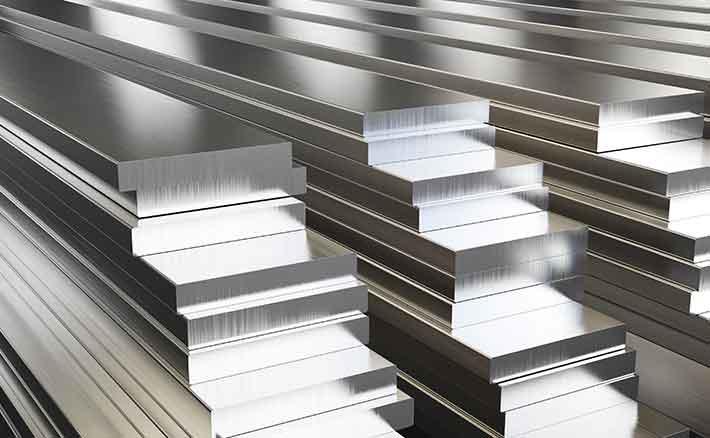
How can the difficulties of aluminum downstream in Europe be solved
The profound changes in the global economic, political and social system have recently put European aluminum downstream in difficulty. In 2017, EU production of aluminum extrusions was below the levels of 2000, although global production tripled over the same period. The situation is very complex, so an overall strategy would be needed to improve it. The most long-standing issue concerns access to raw materials, i.e. the so-called primary aluminum, whose industry prevails over the development needs of the entire supply chain. This is because in the past, support for the aluminum industry in the European Union has been left to commercial policy, to the advantage of large multinational primary manufacturers, with crystallized duties that have compromised the results that the European Commission itself expected.
The weight of import duties weighs on the aluminum industry in Europe
In particular, the duty on the import of raw metal has generated negative effects on the downstream aluminum companies in Europe, which have had to bear higher costs than the non-EU competition. Thus the competitiveness of the European downstream industry, which until a few decades ago had an advantage over competitors worldwide, has gradually eroded. We need an effective industrial policy that takes into account the interests of the entire supply chain, not just a part of it.
Upstream companies are more closely linked to improvements in energy efficiency, therefore less subject to difficulties, while those of the aluminum downstream, although historically known as the engine of creativity, inclusiveness and growth, are struggling. The downstream of aluminum in Europe remains the keystone to support many strategic downstream chains, such as the automotive, aerospace, packaging, electrical engineering, as long as it is lightened by the weight of the duty. In fact, although it grew by 18% in absolute terms in the period, the market share of EU countries in the world production of aluminum semi-finished products gradually decreased from 29% in 2000 to 14% in 2017.
Europe's competitive advantage in the aluminum downstream lies in the technological supremacy of the downstream activities. The risk is losing it without new rules for access to raw materials.
italpres is committed to disseminating information regarding the downstream of aluminum in Europe and the aluminum industry in general, in order to improve the sector to which it belongs. For more information, contact us.


